You feel constantly tired, have irregular cycles, and struggle with skin problems, but no one seems to be able to find the cause. Polycystic ovary syndrome (PCOS) is the invisible enemy that disrupts many women's lives. Around 5–10% of women of childbearing age are affected – yet the condition often goes undetected [1].
In this article, you will learn what PCOS means and what ways there are to regain balance.
The most important things in brief
PCOS affects approximately 5–10% of women of childbearing age and leads to irregular cycles, skin problems, and fertility problems.
Symptoms such as increased hair growth and insulin resistance can be improved through diet, exercise and medical treatments such as hormones or metformin.
A combination of healthy diet, lifestyle changes, and supplements can relieve symptoms and reduce long-term health risks.
What is PCOS?
Polycystic ovary syndrome is a complex metabolic and hormonal disorder in which the balance between female and male hormones in the body is disturbed. The exact cause is not yet fully understood, but an overproduction of estrogen may prevent ovulation and disrupt the maturation of eggs. This often leads to menstrual cycle disorders that make it difficult to become pregnant [2]. Typical for PCOS is the formation of small cysts in the ovaries, which can enlarge.
However, PCOS is not just a disease of the ovaries—it affects the entire body. Those affected suffer from a variety of symptoms that cause both physical and emotional distress [3,4].

What symptoms occur?
PCOS manifests in a variety of ways, making diagnosis difficult. Common symptoms include:
- Irregular or absent menstruation: Cycle disorders are among the first signs of PCOS.
- Increased body hair: An excess of male hormones (androgens) leads to hair growth in atypical places such as the face, chest or back.
- Hair loss: At the same time, many women suffer from androgenetic alopecia, a hormone-related hair loss.
- Skin problems: Acne and oily skin are often accompanying symptoms.
- Weight gain and insulin resistance: About 30% of women with PCOS develop insulin resistance, which increases the risk of type 2 diabetes.

Another distressing symptom is infertility , as ovulation often fails to occur. However, there is hope: With the right treatment, the cycle can often be stabilized, increasing the chances of pregnancy [5,6].

Did you know?
Women with PCOS are at higher risk for depression and anxiety disorders. In addition to physical treatment, it's important to also strengthen your mental health. Talk about it and seek support if needed.
Diagnosis of PCOS
Diagnosis is often challenging because the symptoms can also indicate other diseases. A doctor will typically perform the following steps:
- Medical history: A detailed medical history is essential.
- Physical examination: This includes assessment of skin, hair, and weight.
- Blood tests: These show hormonal imbalances and insulin levels.
- Ultrasound: The typical cysts in the ovaries can be made visible [1,2].
Be5 by FemBe combines myo- and D-chiro-inositol in a scientifically proven ratio of 3.6:1 and also contains bioactive folic acid. Developed for women who want to specifically support their hormone balance, cycle, or metabolism – without an overloaded formula, but with well-thought-out dosage and proven quality.
Two capsules a day are sufficient – simply take with a meal and plenty of liquid.
How is PCOS treated?
There is no cure for PCOS, but the symptoms are manageable. Treatment depends on the individual symptoms and may include the following measures:
1. Lifestyle changes
- Weight reduction: Even a loss of 5–10% of body weight can improve symptoms.
- Regular exercise: This promotes insulin sensitivity and improves hormone balance.
2. Hormonal treatments
- Birth control pill: This regulates the cycle and reduces excess androgens.
- Progestogens: They help control the cycle and reduce hair growth.
3. Medications
- Metformin: This diabetes medication improves insulin sensitivity and often helps with menstrual irregularities.
- Ovulation induction: For women who want to have children, medication can help trigger ovulation [5,6].

Nutrition and lifestyle: What you can do yourself
A balanced diet plays a key role in the treatment of PCOS. Women with PCOS tend to have nutrient-poor and unbalanced diets. They often lack important vitamins, omega-3 fatty acids, and fiber, while consuming excessive amounts of sugar and saturated fat [7,8].
Nutritional strategies for PCOS
- Reduce carbohydrates: A low-carbohydrate diet improves insulin resistance.
- Healthy fats: Avocados, nuts, and olive oil are good sources of fat.
- Fiber-rich foods: They promote digestion and regulate blood sugar levels.
Dietary supplements
- Coenzyme Q10: Has an anti-inflammatory effect and supports energy metabolism [9].
- Inositol: Studies show that inositol lowers testosterone levels and improves insulin sensitivity [10,11].

Conclusion
PCOS is a challenging condition that takes a toll not only on the body but also on the mind. However, with the right combination of medical treatment, lifestyle changes, and nutrition, many women can alleviate their symptoms and improve their quality of life.
If you suspect you may be suffering from PCOS, don't hesitate to seek medical help. Your well-being and health are paramount!
Our expert
What is PCOS and how does it develop?
PCOS (Polycystic Ovarian Syndrome) is a hormonal and metabolic disorder that disrupts the balance of sex hormones in the female body. The exact causes are not yet fully understood, but an overproduction of male hormones and insulin resistance play a central role.
What symptoms occur with PCOS?
The most common symptoms of PCOS include irregular or absent menstrual cycles, increased hair growth (hirsutism), acne, hair loss, weight gain, and difficulty getting pregnant. Insulin resistance and an increased risk of type 2 diabetes are also typical.
How is PCOS diagnosed?
Diagnosis is made through a combination of medical history, physical examination, blood tests for hormone determination, and ultrasound. According to the Rotterdam criteria, at least two of three main features must be present: menstrual irregularities, elevated androgen levels, or polycystic ovaries.
Can PCOS be cured?
There is currently no cure for PCOS, but symptoms can be effectively managed through medical treatments, a healthy diet, and lifestyle changes.
What role does nutrition play in PCOS?
Diet plays a major role in the treatment of PCOS. A low-carbohydrate diet, healthy fats, and high-fiber foods can improve insulin sensitivity, lower testosterone levels, and support weight management.
Are there any supplements that can help with PCOS?
Yes, certain supplements such as inositol, coenzyme Q10, vitamin D, and magnesium can help regulate hormone levels, reduce inflammation, and improve insulin resistance.
Is PCOS hereditary?
There is evidence that PCOS tends to run in families, suggesting a genetic component. If close relatives, such as a mother or sister, are affected, there is a higher risk of developing PCOS themselves.
What are the long-term risks of untreated PCOS?
Untreated PCOS can increase the risk of type 2 diabetes, cardiovascular disease, high blood pressure, sleep apnea, and uterine cancer. Early diagnosis and treatment are therefore essential.
References for further reading:
- Federal Ministry of Health: Polycystic Ovary Syndrome https://gesund.bund.de/polyzystisches-ovarialsyndrom (accessed on 19 July 2023)
- Eberle C. Polycystic ovary syndrome (PCOS) . In: Gätje R. , Eberle C. , Scholz C. , Lübke M. , Solbach C. , Muschel K. , Kissler S. , Siedentopf F. , Weissenbacher T. et al., eds. Short textbook of gynecology and obstetrics . 2nd, updated edition. Stuttgart: Thieme; 2015.
- Austrian Public Health Portal: Polycystic Ovary Syndrome https://www.gesundheit.gv.at/krankheiten/sexualorgane/weibliche-hormone-zyklus/pco-syndrom.html#welche-symptome-koennen-auftreten (accessed on July 19, 2023)
- Teschner A , Hinrichsen M. Polycystic ovary syndrome (PCO) . In: Weyerstahl T , Stauber M , eds. Dual Series Gynecology and Obstetrics . 4th completely revised edition. Stuttgart: Thieme; 2013.
- Gynaecologists online: PCOS can be successfully treated https://www.frauenaerzte-im-netz.de/aktuelles/meldung/pcos-kann-erfolgreich-behandelt-werden/ (accessed on July 19, 2023)
- AOK Health Magazine: Polycystic Ovary Syndrome: What Can Help? https://www.aok.de/pk/magazin/familie/schwangerschaft/polyzystisches-ovarialsyndrom-was-kann-helfen/ (accessed July 19, 2023)
- Szczuko M, Kikut J, Szczuko U, Szydłowska I, Nawrocka-Rutkowska J, Ziętek M, Verbanac D, Saso L. Nutrition Strategy and Life Style in Polycystic Ovary Syndrome-Narrative Review. Nutrients. 2021 Jul 18;13(7):2452. doi: 10.3390/nu13072452. PMID: 34371961; PMCID: PMC8308732.
- Porchia LM, Hernandez-Garcia SC, Gonzalez-Mejia ME, López-Bayghen E. Diets with lower carbohydrate concentrations improve insulin sensitivity in women with polycystic ovary syndrome: A meta-analysis. Eur J Obstet Gynecol Reprod Biol. 2020 May;248:110-117. doi: 10.1016/j.ejogrb.2020.03.010. Epub 2020 Mar 6. PMID: 32200247.
- Taghizadeh S, Izadi A, Shirazi S, Parizad M, Pourghassem Gargari B. The effect of coenzyme Q10 supplementation on inflammatory and endothelial dysfunction markers in overweight/obese polycystic ovary syndrome patients. Gynecol Endocrinol. 2021 Jan;37(1):26-30. doi: 10.1080/09513590.2020.1779689. Epub 2020 Jun 16. PMID: 32544011.
- Zhao H, Xing C, Zhang J, He B. Comparative efficacy of oral insulin sensitizers metformin, thiazolidinediones, inositol, and berberine in improving endocrine and metabolic profiles in women with PCOS: a network meta-analysis. Reprod Health. 2021 Aug 18;18(1):171. doi: 10.1186/s12978-021-01207-7. PMID: 34407851; PMCID: PMC8371888.
- Zhang JQ, Xing C, He B. Short period-administration of myo-inositol and metformin on hormonal and glycolipid profiles in patients with polycystic ovary syndrome: a systematic review and updated meta-analysis of randomized controlled trials. Eur Rev Med Pharmacol Sci. 2022 Mar;26(6):1792-1802. doi: 10.26355/eurrev_202203_28322. PMID: 35363325.


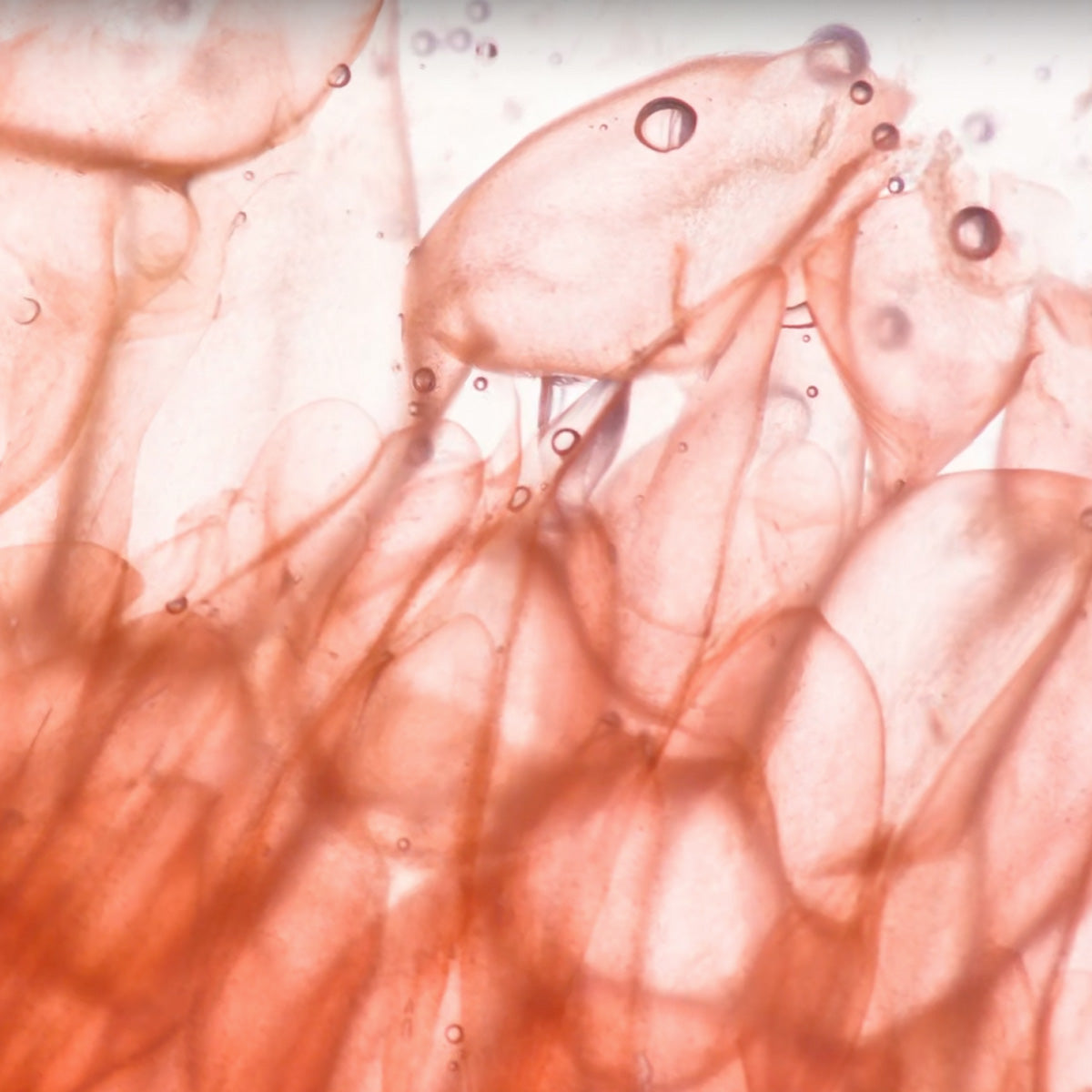
![Zinc Capsules [Zinc Bisglycinate]](http://cellavent.de/cdn/shop/files/CH_essentials-zink-kapseln-Produktbilder_2025.png?v=1760952204&width=104)
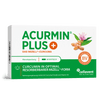
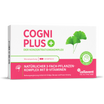
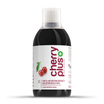

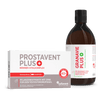












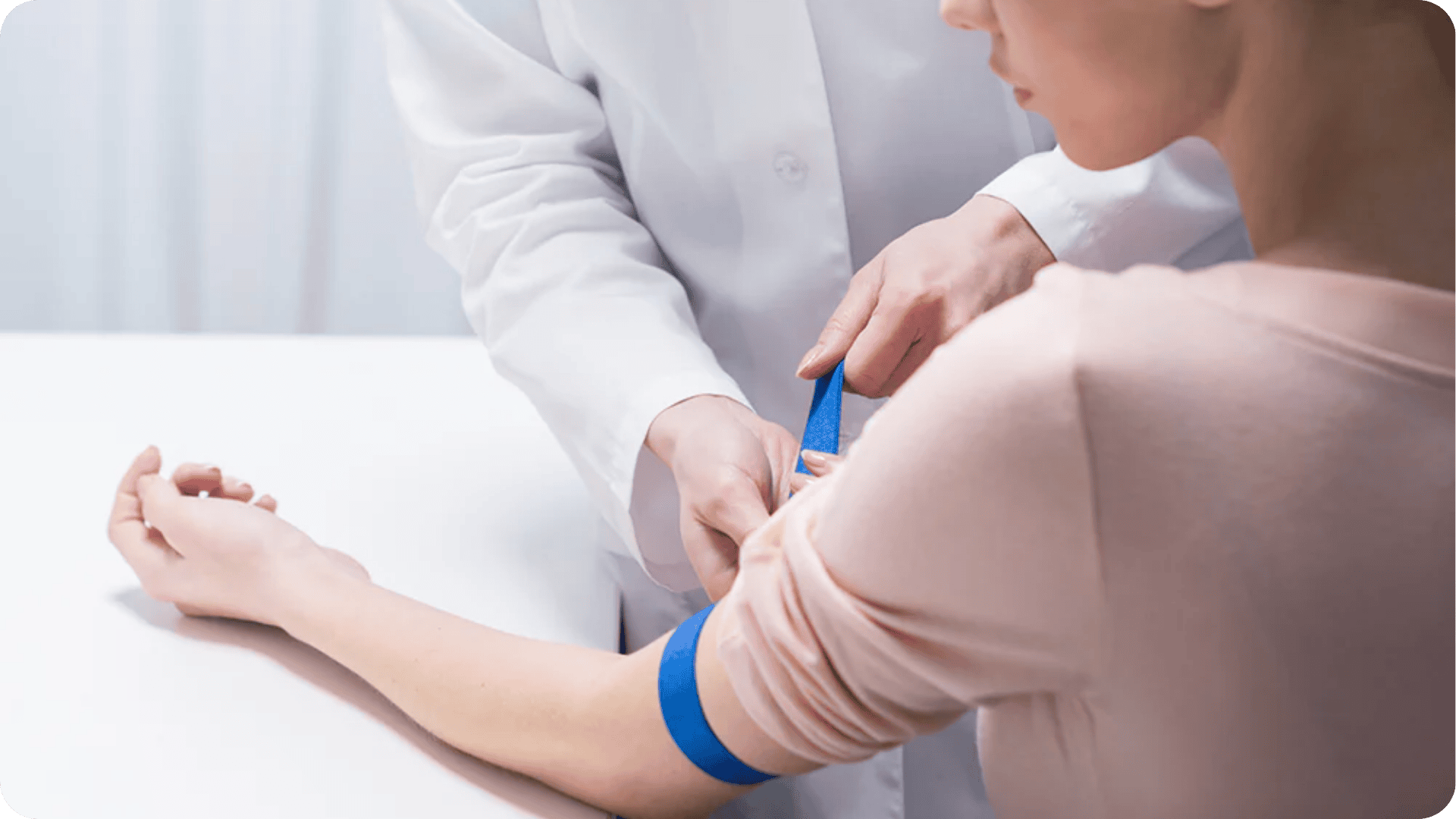

Leave a comment
This site is protected by hCaptcha and the hCaptcha Privacy Policy and Terms of Service apply.